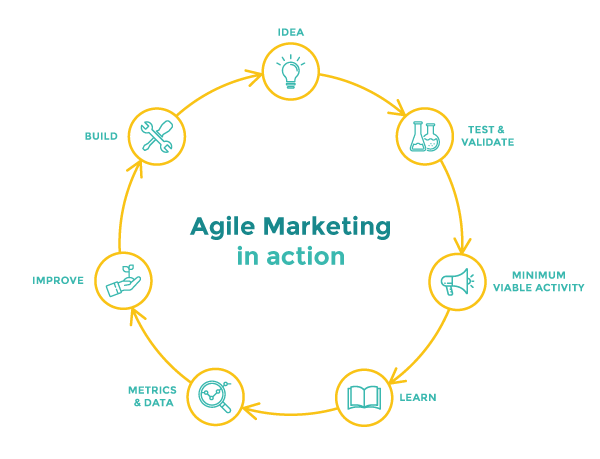Agile Hubs are your key to unlocking integrated, sustainable marketing transformation
Digital transformation has been in the spotlight for nearly a decade and it remains well entrenched in the average business agenda today. But what about your marketing? How can it adapt to keep up with a changing business whilst meeting market demands?
There’s no doubt that organisation-wide transformation takes time, but marketing often seems to be preoccupied with business as usual or last on the list. Perhaps that’s because there are multiple forces at work in marketing that you’d have to bring into the transformation process. These typically include driving efficiencies, controlling costs, developing insight to drive continual improvement, and making effective use of emerging technology whilst improving your customer experience. And, whilst you make changes to your ways of working, you still need your marketing to demonstrate ROI, realise value in the short term and meet your business goals – smooth marketing transformation is therefore vital to the business as a whole.
It’s a lot to manage, think about and plan for all at once. So, where do you start? It is possible to transform your marketing to drive results that support your business goals, all whilst maintaining activity, but it’s a complex process. Having worked with many companies who are embarking on change, we know how important it is to approach this in a systematic, yet adaptable way – through testing, learning and building on success.
Driving results whilst changing at pace
Introducing Agile Marketing Hubs – your personal resource of marketing expertise and innovation. It’s where your in-house team, suppliers and specialists come together to work as one, strong, fully blended team of experts to effectively embed agile ways of working into your culture and operations.
Through hands-on experience in agile delivery of your marketing content, you’ll see greater productivity, energy and collaboration in your marketing team. Agile hubs are the answer to complex marketing transformation and a proven alternative to restrictive traditional techniques or reactive, ad-hoc and unstructured ways of working.
Demonstrating the value of your marketing
As you continue to work in an agile way, continually learning, building and improving, your team will begin to naturally work together more efficiently and effectively. You’ll also enable more cross-collaboration between different stakeholders and teams in the business – encouraging valuable knowledge-sharing and proving the power of your marketing to drive business goals.
Our tech and consulting clients in high growth and large enterprises have all reported seeing the following benefits from adopting an Agile Marketing Hub:
 Faster time to market Faster time to market |  Data-driven decision making Data-driven decision making |
 Proving marketing ROI at pace Proving marketing ROI at pace | 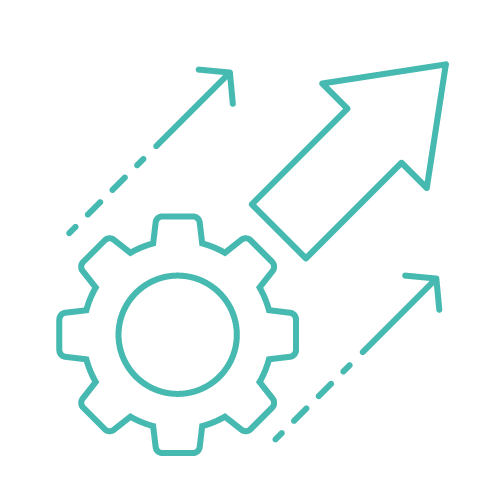 Productivity and up-skilling Productivity and up-skilling |
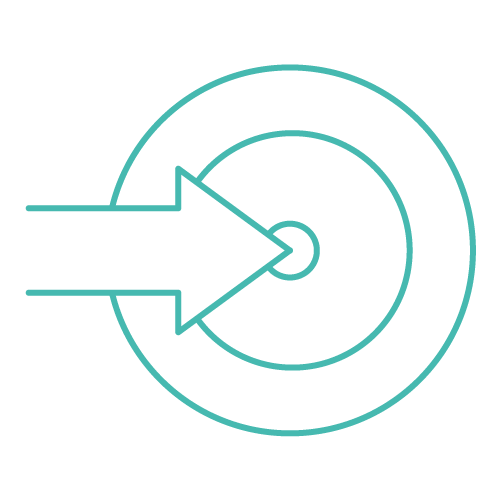 Clear KP and objective setting Clear KP and objective setting |  Scalable agility and innovation Scalable agility and innovation |
In our recent survey, 75% of those who have been practicing agile marketing for more than a year had a better understanding of the power and impact of their marketing. It’s clear that these benefits increase exponentially with prolonged practice of an agile approach.
Fired up to ignite agility in your marketing?
As your company undergoes digital transformation or needs to rapidly adapt in uncertain times, your marketing needs to keep pace with the market and maintain daily operations. This is a complex challenge that requires time and resources as well as constant support from business leaders and marketing experts. Many struggle to get started and simply lack the tools, support or know-how to embed agile ways of working into their marketing.
With Bright’s Agile Marketing Hubs, you can ignite agility and ensure seamless, integrated and sustainable marketing transformation – with the tools, tactics and concepts you need to drive better results and meet business goals.
Ready to get started? Get in touch to set up an Agile Hub for your marketing today.
Download our report on the Future of B2B marketing to find out the latest insights in B2B marketing and how agile plays a role in transforming the future of marketing.

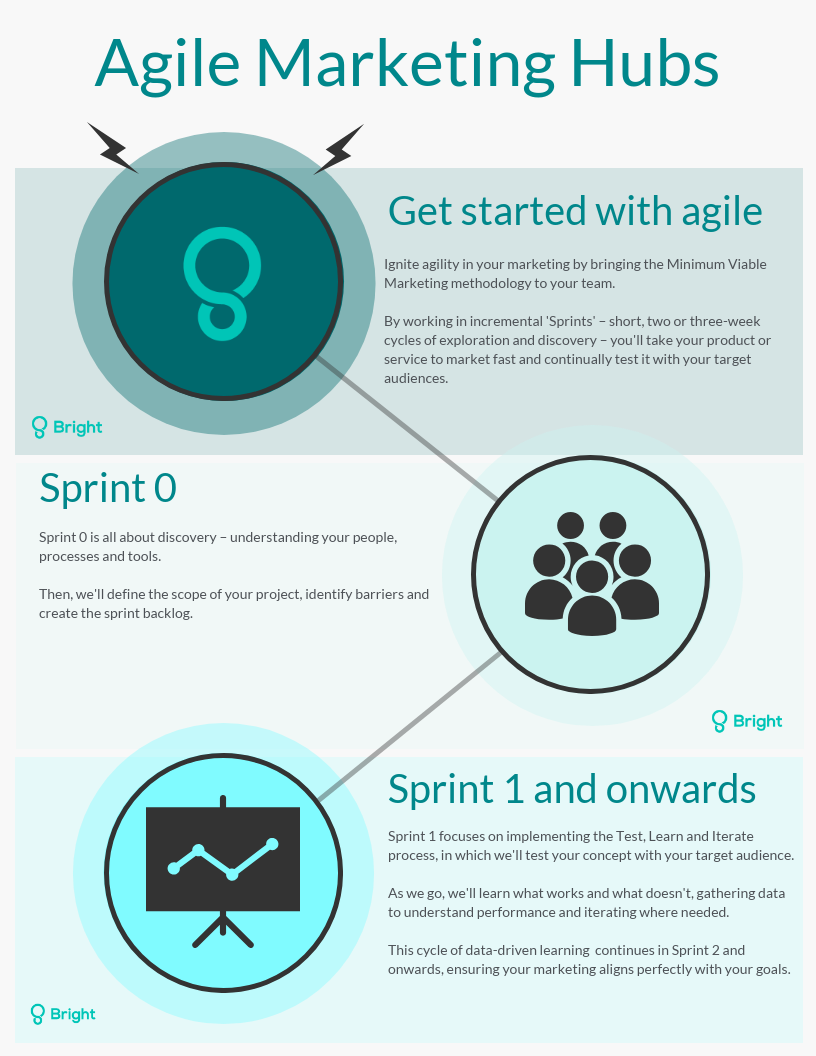

 The Process
The Process